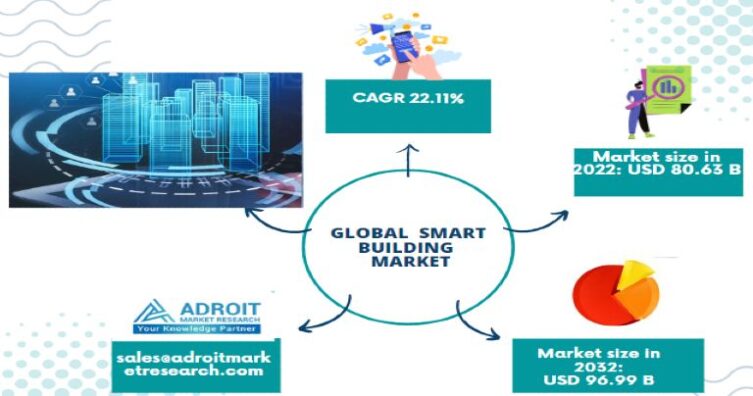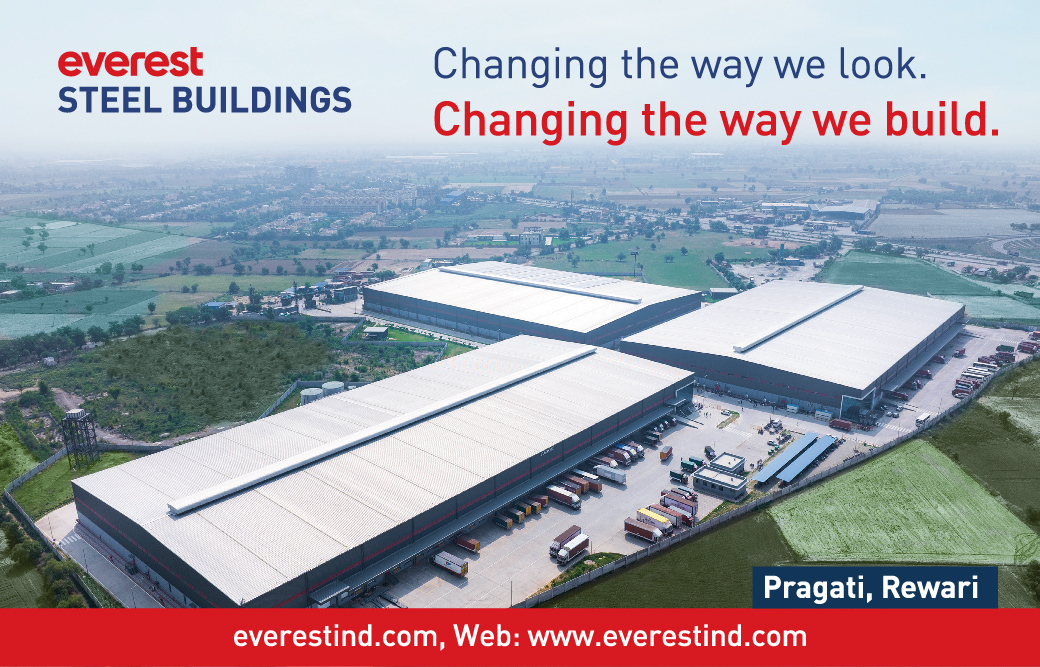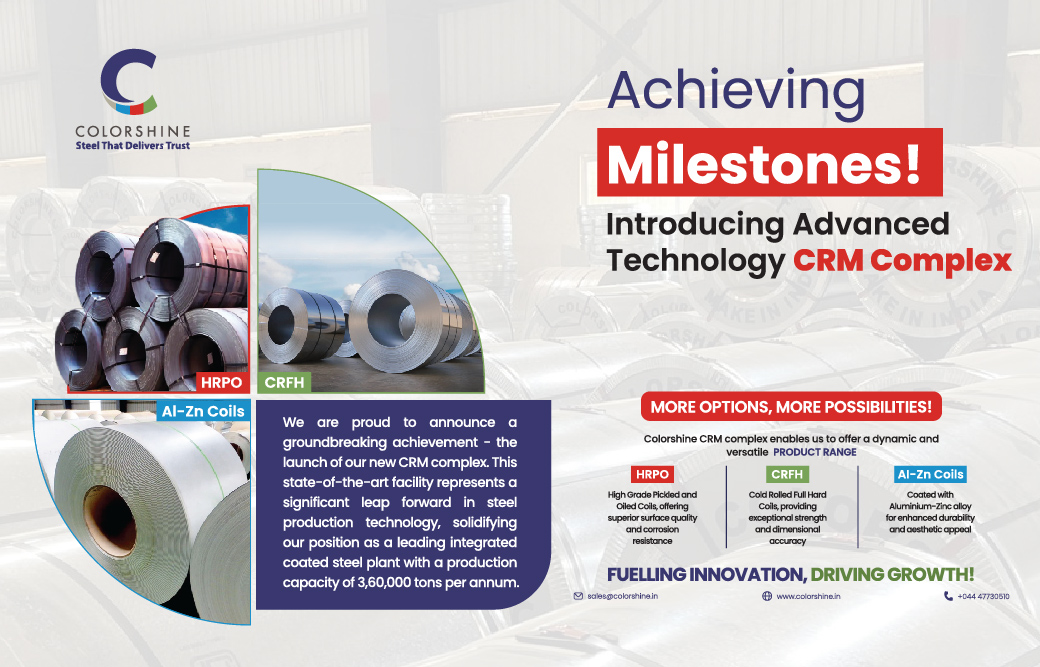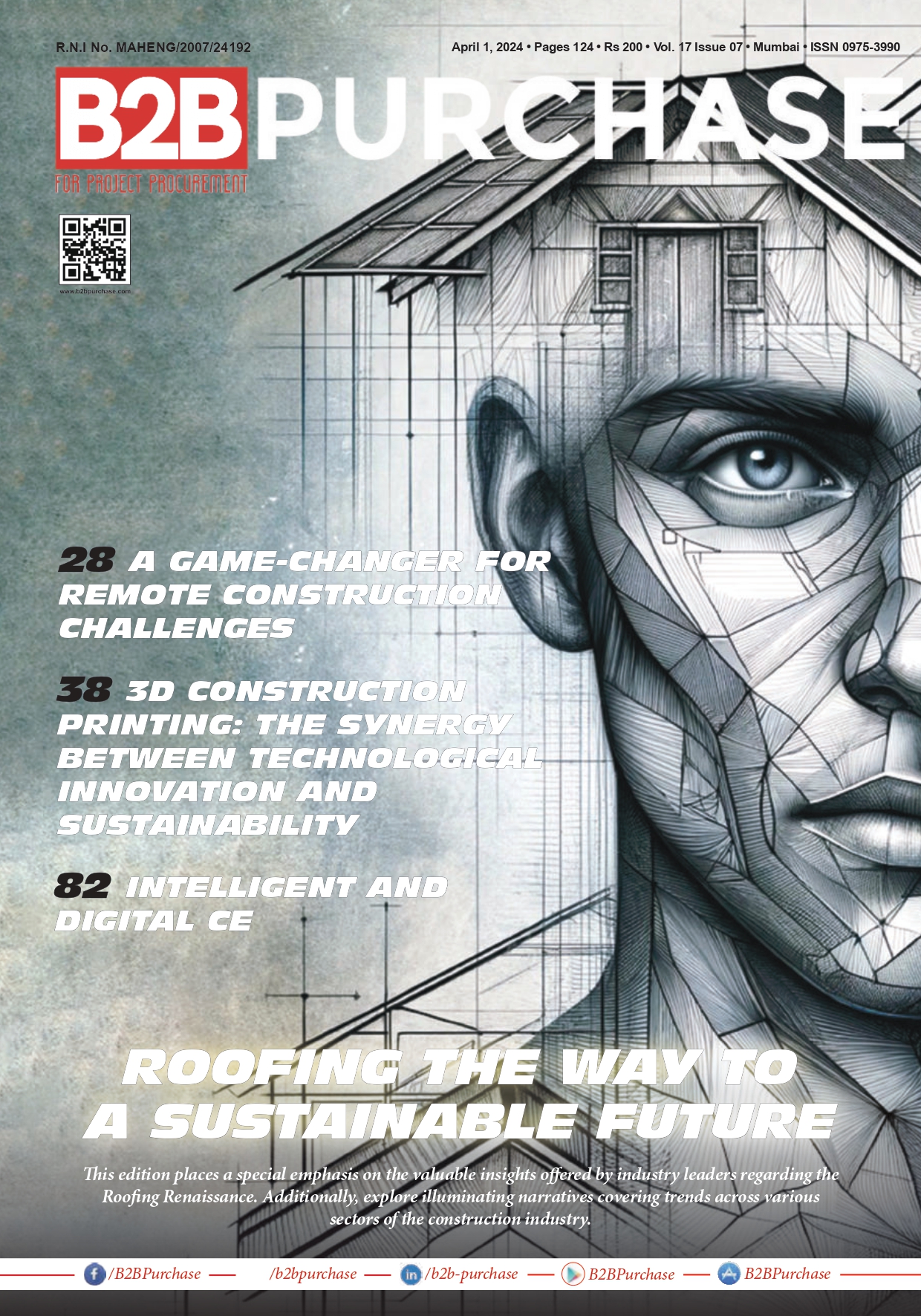Customised smart building solutions drive growth in the healthcare, retail, and hospitality sectors, reducing energy consumption.
The global smart building market, estimated at USD 80.63 billion in 2021, is projected to reach USD 96.99 billion by 2031, showcasing a Compound Annual Growth Rate (CAGR) of 22.11 percent between 2022 and 2031.
Smart buildings are advanced structures that leverage cutting-edge technology and integrated systems to enhance operational efficiency, security, sustainability, and overall user experience. They are also referred to as automated or intelligent structures. These buildings are equipped with various sensors, controls, and automation systems that monitor and manage activities in real-time. Smart buildings amalgamate various systems such as lighting, security, Heating, Ventilation, and Air Conditioning (HVAC), into a single interconnected network, facilitating centralized oversight and management. These buildings are equipped with a myriad of sensors and Internet of Things (IoT) devices that collect data about the surroundings and building usage. These sensors can detect occupants, measure temperature, humidity, and air quality.
The Internet of Things (IoT) has played a pivotal role in the evolution of smart buildings. The proliferation of sensors, connected devices, and automation systems has made real-time monitoring and management of building operations more accessible. Energy efficiency remains a significant driver for the adoption of smart buildings. Companies and building owners are increasingly committed to reducing energy consumption and greenhouse gas emissions. Smart building solutions aid in achieving these goals by optimizing HVAC, lighting, and other systems. Smart building technologies offer substantial cost savings over time. Automated energy management, preventative maintenance, and reduced operating costs translate into a compelling return on investment (ROI) for building owners.
In smart buildings, tenant comfort takes precedence. Features like personalised lighting and climate control, touchless entry systems, and digital signs contribute to a more comfortable and efficient environment for building occupants. Smart buildings often play a crucial role in larger smart city initiatives. Integrating buildings into a city’s infrastructure enhances resource utilisation and improves the quality of life for residents.
Artificial intelligence (AI) and data analytics are increasingly integrated into smart building solutions to provide advanced features and insights. Multiple sectors, including healthcare, retail, hospitality, and commercial real estate, are adopting industry-specific smart building solutions, fueling market expansion. The residential sector of the smart building industry is also growing, driven by the widespread adoption of smart home technologies like voice-activated assistants, smart lighting, security systems, and thermostats.
Building automation and control systems that centralise the management of HVAC, lighting, and security systems are gaining popularity and proving to be profitable. These devices enhance operational efficiency and passenger comfort. Creating software and platforms that analyse data from smart building sensors and provide valuable insights holds great potential. Businesses can use this information to make informed decisions regarding space utilisation, maintenance, and energy consumption.
The demand for remote building system management and monitoring has surged, especially in response to the COVID-19 pandemic. Remote access and control solutions have become essential to maintain operational continuity and ensure safety. Many countries have enacted regulations and incentives to promote sustainable and energy-efficient construction practices, further encouraging the adoption of smart building technology. With an increasing number of people moving to urban areas, the need for smart buildings is on the rise, often developed as part of smart city programs to enhance urban living.
Companies offering environmentally friendly construction solutions, such as green building materials, energy-saving appliances, and waste-reduction technology, are well-positioned to meet the growing demand for such structures. Comprehensive, user-friendly platforms enable building owners and operators to control all smart building systems from a single interface, enhancing usability and efficiency. Entering the domestic market by developing and selling smart home technologies, including smart thermostats, lights, security systems, and home automation hubs, holds significant growth potential. Providing maintenance and support for technologies used in smart buildings, including predictive maintenance to minimise downtime and ensure system reliability, is crucial.
Cookie Consent
We use cookies to personalize your experience. By continuing to visit this website you agree to our Terms & Conditions, Privacy Policy and Cookie Policy.


















